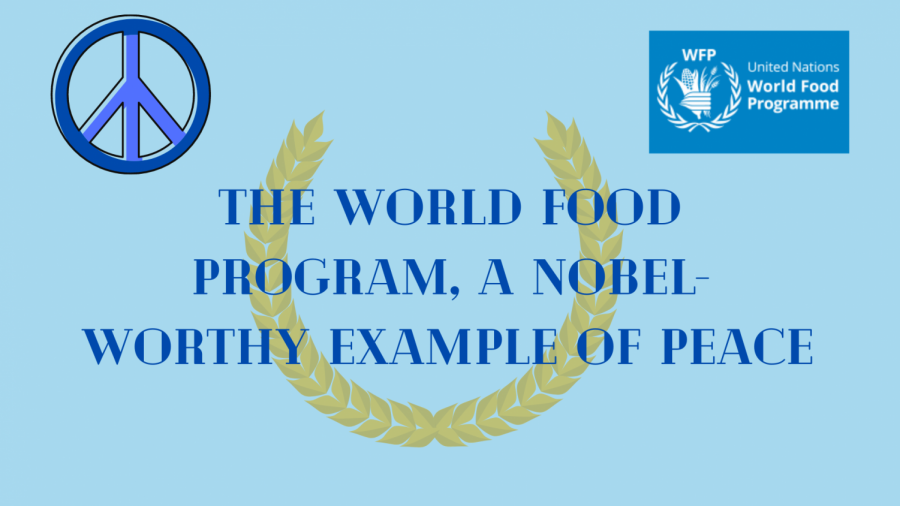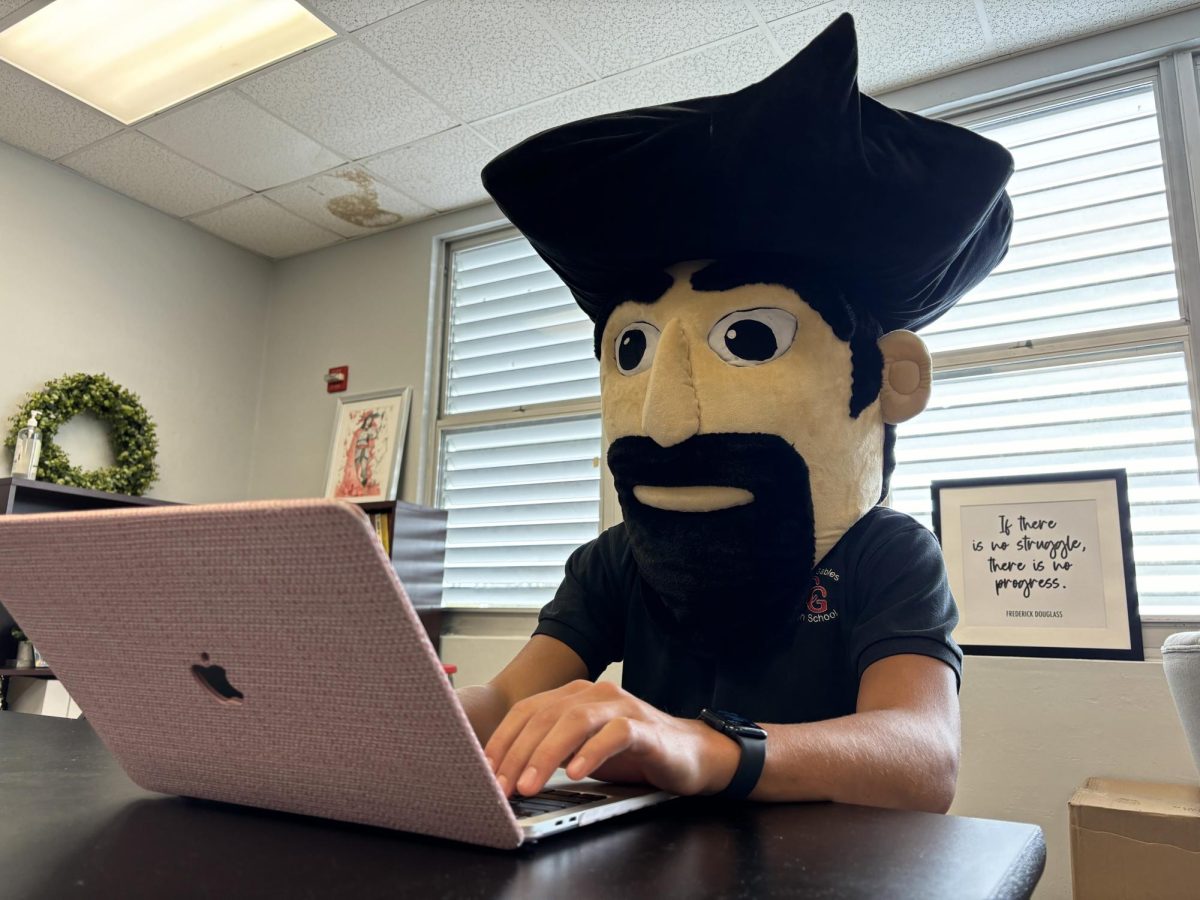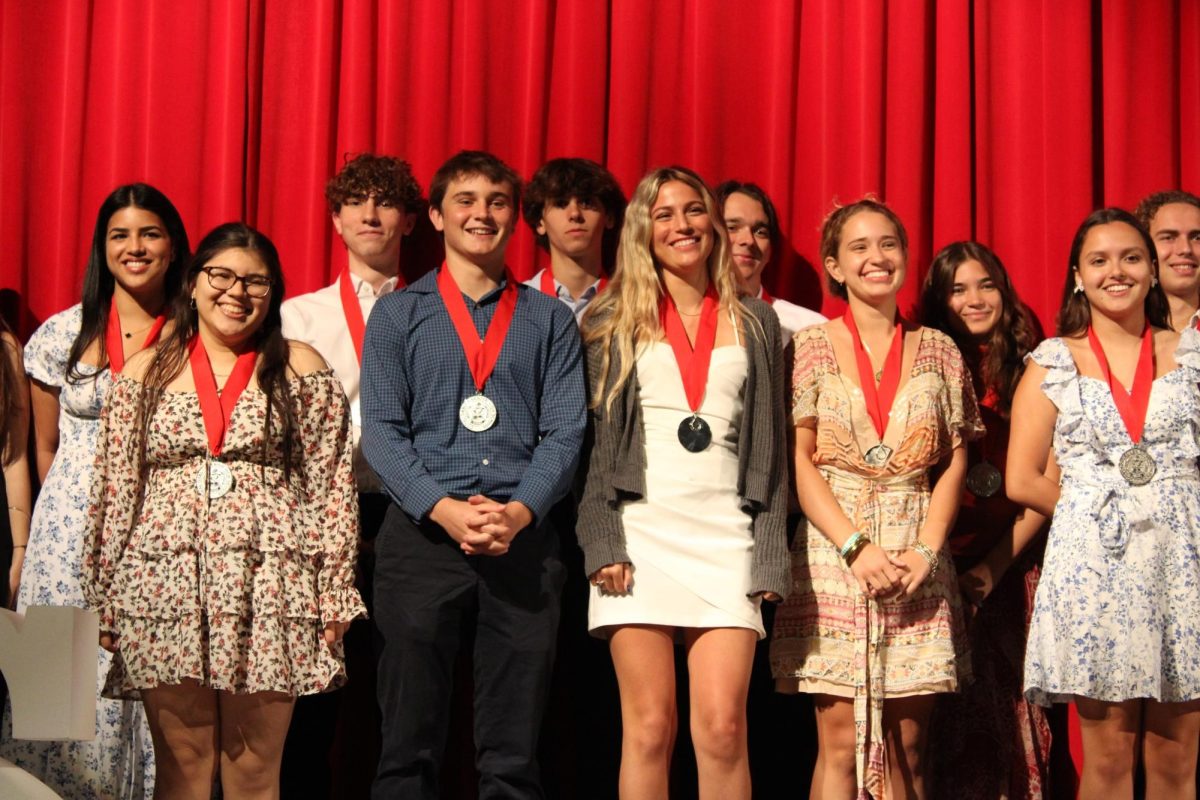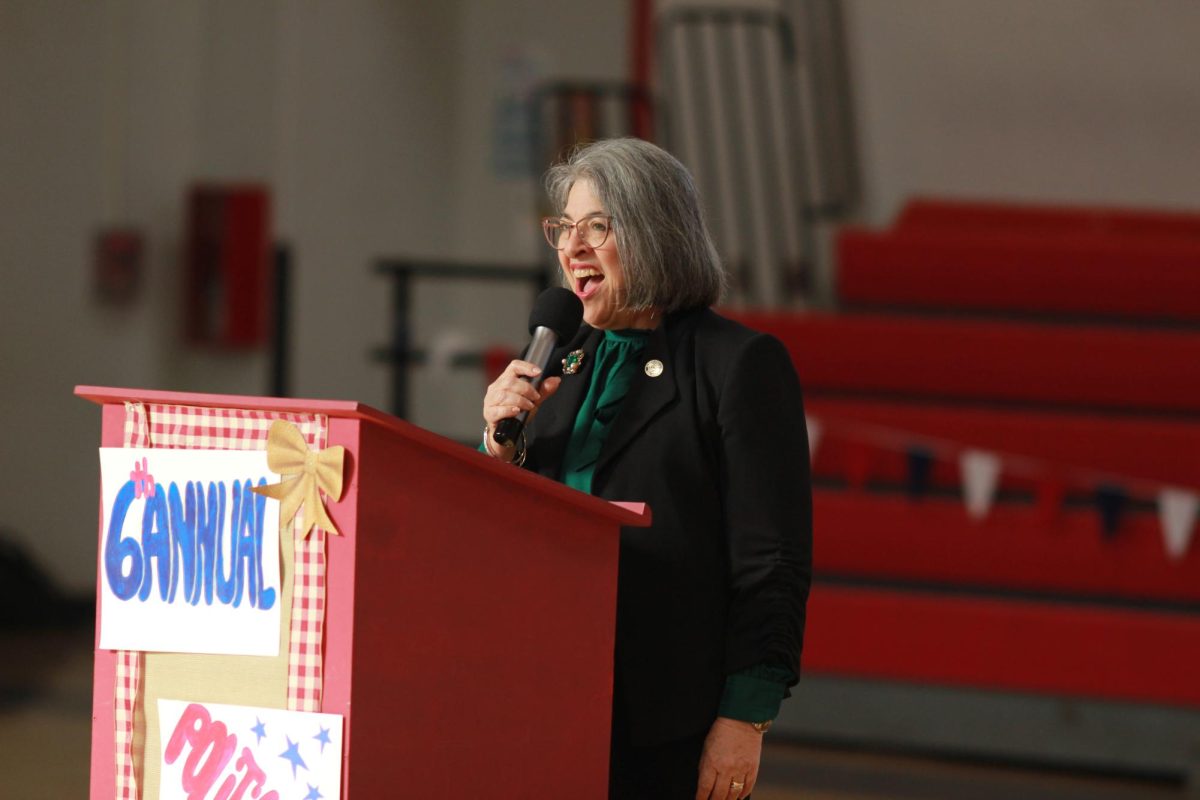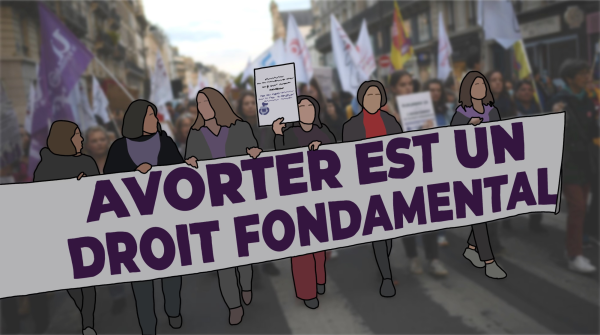The World Food Program, a Nobel-Worthy Example of Peace
WFP works to better the world and eradicate hunger in the world.
Nov 12, 2020
The Nobel Prizes are known worldwide as some of the most elite prizes in the academic world. There are multiple types of Nobel Prizes in different departments such as physics, chemistry, physiology or medicine, literature, economic sciences and peace. All are awarded by the Norwegian Nobel Committee and the nominees are chosen by eligible nominators.
The names of this year’s Nobel Prize Laureates were released in October. The Nobel Prize Award Ceremony takes place on Dec. 10 in Oslo, Norway. There, the laureates are given their Nobel Prize which consists of a Nobel Medal and Diploma, as well as a document confirming the amount of the prize. This year’s nominees are certainly deserving of the praise they have been awarded for their outstanding contributions.
This year, 12 laureates have been chosen to be awarded Nobel Prizes in various domains and for a variety of achievements. The most notable one, however, is the 2020 Nobel Peace Prize, which was awarded to the World Food Program. WFP is a program that aims to help people fight against hunger in the world. The program was awarded this prize for “its efforts to combat hunger, for its contribution to bettering conditions for peace in conflict-affected areas and for acting as a driving force in efforts to prevent the use of hunger as a weapon of war and conflict,” Chair of the Norwegian Nobel Committee, Berit Reiss-Andersen said when announcing the winners of 2020’s Nobel Prizes on Oct. 9.
Something that can justify winning a Nobel Peace Prize could be helping the environment because it would give hope to Earth and the species that live on it since it would be so much more peaceful if the world was a clean place and there was no global warming.
— freshman Prune Mathiot
In addition to the WFP’s work, many discoveries have been made this year and multiple prizes have been awarded for them. For example, the discovery of a Hepatitis C virus by Charles M. Rice, Harvey J. Alter and Michael Houghton, and the development of a method for genome editing by Emmanuelle Charpentier and Jennifer A. Doudna were rewarded. Roger Penrose was also given an award for the discovery that black hole formation is a robust prediction of the general theory of relativity. Also, Reinhard Genzel and Andrea Ghez have been awarded a prize for the common discovery of a supermassive compact object at the center of our galaxy. All three of these prizes were Nobel Physic Prizes.
“Organizations should be allowed to win a Nobel Prize because it is about people doing good for humankind and more than one person can participate in helping humankind,” freshman Prune Mathiot said.
The Nobel Prizes were first introduced by Alfred Nobel as part of his will. He left a majority of his wealth behind him to establish the awards. The Committees established to award the prizes in physics, chemistry, physiology or medicine, literature, economic sciences and peace were founded as a part of the process. However, the first Nobel Prizes would only be awarded five years later. In 1901, the first man to ever win a Nobel Prize, Wilhelm Conrad Röntgen, received a prize in Physics. From then on, prizes would be awarded each year. As time went by, the Nobel Committee became more inclusive, allowing women and people of different races to win prizes as well.
“A Nobel Prize is awarded when someone does good for the world,” freshman Hana Pertwee said.
Nobel Prizes have been awarded 567 times to 889 winners. In total, 860 of these winners were individuals and 22 were organizations. These prizes can be awarded in the mentioned categories for outstanding discoveries or marvelous contributions to mankind. Organizations and individuals alike can be nominated for prizes and win. Sometimes there is more than one laureate in some categories, or multiple individuals may win for the same reason.
These prizes are not easy to obtain. One would need to apply, be nominated and then win in order to receive a Nobel Prize. Eligible nominators are members of national assemblies and governments of sovereign states.
Other possible nominators would be those who have been awarded the Nobel Peace Prize previously. The names of these people are never made public until at least 50 years after the nomination. This is a question of privacy and anonymity as nominators could be judged based on whom they chose to nominate. The final decision, however, rests in the hands of the Norwegian Nobel Committee.
Nobel Prizes have helped to recognize those who improve the human condition or provide humankind with new knowledge. Nobel Prizes have been awarded for 119 years. Throughout the past century, they have been awarded to innovative scientists and incredible peacemakers. These laureates have made history, whether it was because they won a Nobel Prize, or because of their discovery, contribution to the world or achievements in general.


